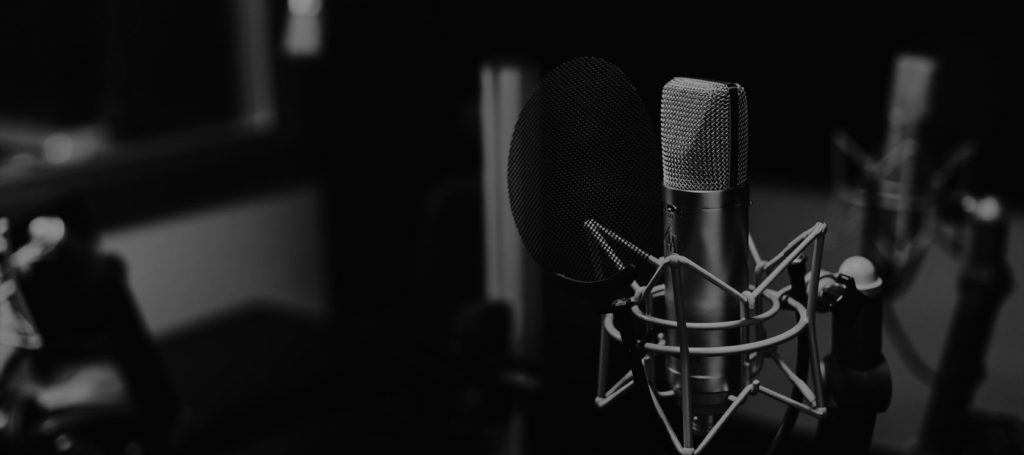Enter podcasting, a burgeoning medium that eloquently connects endorsers and listeners in an intimate setting that holds and isolates someone’s attention in a similar fashion to an episode of Game of Thrones. Podcast listenership has exploded over the last couple of years due to the “choice plus immersion nature of it,” as Steven Cohen, EVP of Cadence 13 puts it. The captive audience lends itself perfectly to advertising, as the relationship and trust built between the podcaster and listener are typically very strong. Thus the delivery of the endorsed message must be authentic so that trust isn’t broken; a formulaic direct response ad where copy points are read verbatim won’t cut it here.
Creating the “perfect” ad in podcasting can be a complicated mix of art and science. The art aspect consists of the podcast host’s ability to endorse the product in a manner that is genuine, authentic and organic. The science aspect consists of components such as placement, length, frequency, copy points, etc. If any of these elements aren’t executed properly, it can have a material impact on the response rate of the ad.
Authenticity. The counterintuitive thing about authenticity within podcast advertising is that it requires a lot of upfront work. Driving a genuine, organic-sounding endorsement requires teamwork from the agency, advertiser, network, producer and podcaster. As Steve Shanks, a partner at my agency Ad Results Media, said, “we take the time to have a kickoff call with each and every podcaster and producer so they can be properly onboarded to the brand. We communicate the brand guidelines while also ensuring the product is seeded to the host so they have a personal experience and connection with it. Strong use of personal storytelling or experience to promote the product tends to work best.”
An authentic ad will sound genuine when you believe the podcaster is referring you the product or service as if they use it on a regular basis.
Delivery. Authenticity and delivery are closely correlated. Delivery is based on the sound and feel of the ad. The tone, energy and authenticity of the endorsement are all vital elements in delivering a successful ad. Recently, Diana Chen of Harry’s Grooming sat on a Podcast Movement panel that discussed “the perfect ad.” As she put it, “We’re looking for the perfect brand fit – a host who really resonates with the brand and loves our product. We love it when the delivery just feels very natural and we can tell who is really an enthusiast of the product. This ultimately leads to and defines success.”
Effective delivery can depend on the tone of the show — if a podcaster has a monotone voice, then the ads can still perform but might come across as bland. However, if they carry an enthusiastic tone with a monotone ad, then the performance will likely perform poorly.
Placement. The timing of where and how the ad is placed is crucial to how well it flows into the content. Something as simple as the ad falling too early or late in the podcast episode can have a material impact on the performance of the ad itself. Mid-rolls are the most desired inventory. Most pre-rolls don’t have a fully engaged audience, while post-rolls come at a time when the audience has tuned out. Per recent Edison research, 58% of listeners don’t make it to the end of a podcast. A perfect mid-roll is placed anywhere from five minutes in to 10 minutes before the end of a podcast with a fully engaged listener, as brands see this driving the highest response rates.
Length. When it comes to podcast advertising, the longer the spot the better. This is truly unique to this medium: although there are set guidelines (30-second spots, 60-second spots, etc.), it’s up to the host as to how they would like to deliver the message. There have been numerous instances where the host is an enthusiast of the product or service and will go into a three-minute monologue about their experience and how great it was. They become evangelists of sorts. When this happens, it’s gold.
The Interactive Advertising Bureau’s latest Podcast Playbook reports, “in research conducted by Midroll among listeners to podcasts in their network, 67 percent of respondents could name an actual product feature or specific promotion mentioned in a podcast ad, and 61 percent of listeners indicated that they purchased a product or service they learned about from a podcast ad. A comScore/Wondery study showed that podcast ads create favorable impressions with consumers.”
As described here, creating the “perfect ad” is a carefully choreographed dance between the product, host delivery, ad placement, ad length and copy points. How well each of these elements is executed could mean the difference between the success and failure of your campaign.
View original Forbes.com article here
- Kurt Kaufer, Partner at Ad Results Media

